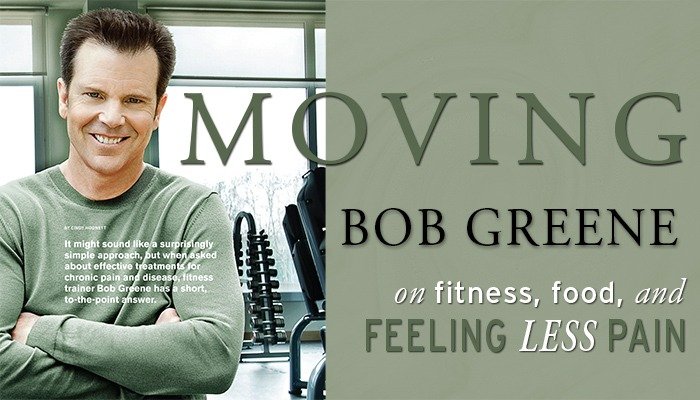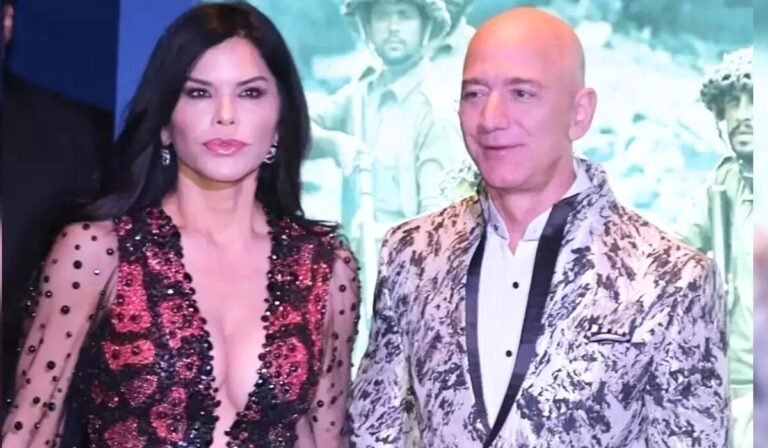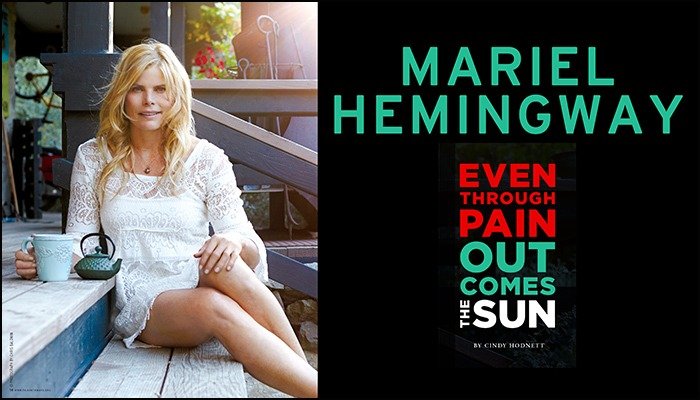Unraveling the Meaning of Billie Eilish’s “What Was I Made For?”

In the vast tapestry of contemporary music, Billie Eilish‘s artistry stands out as a beacon of raw authenticity and uncompromising introspection. With her haunting melodies and thought-provoking lyrics, she invites listeners to embark on a journey of self-discovery, probing the depths of the human experience with an unflinching honesty that resonates profoundly. Among her catalog of emotionally charged songs, “What Was I Made For?” emerges as a poignant exploration of existential questions that have plagued humanity since the dawn of consciousness.
The Weight of Existence
From the opening lines, Billie Eilish’s distinctive vocals immediately set the tone, laced with a sense of melancholy and uncertainty that permeates the entire track. “What am I made of? What am I made for?” she ponders, her voice wavering with vulnerability. These simple yet profound questions strike at the core of our collective search for purpose and meaning in a world that often seems indifferent to our existence.
Eilish’s lyrics paint a vivid picture of an individual grappling with the weight of their own existence, questioning the very fabric of their being and the reason for their presence on this earth. In a society that constantly demands answers and defines success by external metrics, the singer’s willingness to confront these existential musings head-on is both brave and refreshing.
The Burden of Self-Doubt
As the song progresses, Eilish delves deeper into the murky waters of self-doubt and insecurity, emotions that resonate with listeners of all ages and backgrounds. “I feel so small, I feel nothing at all,” she laments, her words echoing the feelings of insignificance and disconnection that often accompany the search for purpose.
Yet, in the midst of this introspective turmoil, Eilish’s lyrics also offer a glimmer of hope, a recognition that our struggles are not unique, but rather part of the shared human experience. “Am I the only one who’s broken? Am I the only one who’s spoken?” she asks, her voice tinged with a hint of defiance, as if challenging the notion that her struggles are somehow isolating or abnormal.
The Pursuit of Authenticity
One of the most striking aspects of “What Was I Made For?” is Eilish’s unwavering commitment to authenticity. Her lyrics are devoid of the grandiose proclamations and empty platitudes that often plague mainstream music, instead choosing to confront the complexities of existence with raw honesty and vulnerability.
In a world where social media and popular culture often present a curated, filtered version of reality, Eilish’s willingness to lay bare her innermost thoughts and insecurities is a breath of fresh air. Her lyrics resonate because they are rooted in the universal human experience, a reminder that even those who have achieved fame and success are not immune to the existential questions that haunt us all.
The Power of Questioning
Ultimately, “What Was I Made For?” is not about providing answers, but rather about embracing the importance of asking questions and exploring the depths of our own existence. Billie Eilish’s lyrics serve as a reminder that the pursuit of meaning and purpose is an ongoing journey, one that requires a willingness to confront our fears, doubts, and insecurities head-on.
In a society that often prizes certainty and definitive answers, Eilish’s willingness to sit with the discomfort of not knowing is a powerful act of resistance. Her lyrics encourage listeners to embrace the uncertainty and complexity of the human experience, to find solace in the shared struggle of seeking purpose, and to recognize that the act of questioning itself is a profound and necessary part of the journey.
A Timeless Exploration of the Human Condition
While “What Was I Made For?” may be rooted in Billie Eilish’s personal experiences and introspective musings, its themes and message transcend the boundaries of any one individual or generation. The existential questions explored in the song have been contemplated by philosophers, poets, and artists throughout the ages, a testament to the enduring nature of our collective search for meaning.
In many ways, Eilish’s lyrics serve as a modern-day contribution to this ongoing conversation, a reminder that even in the midst of technological advancements and societal shifts, the fundamental questions that define our humanity remain unchanged. Her willingness to grapple with these profound themes through the medium of music is a testament to the enduring power of art to provoke thought, inspire introspection, and foster a deeper understanding of the human condition.
As listeners immerse themselves in the haunting melodies and introspective lyrics of “What Was I Made For?,” they are invited to embark on a journey of self-discovery, to confront their own existential musings, and to find solace in the shared human experience of seeking purpose and meaning. Billie Eilish’s artistry serves as a reminder that even in the darkest moments of uncertainty and self-doubt, the act of questioning itself can be a profound and powerful act of resistance against the superficial and the mundane.
In a world that often demands definitive answers and easy solutions, “What Was I Made For?” stands as a testament to the enduring power of art to challenge conventional thinking, to provoke introspection, and to remind us that the pursuit of meaning is an ongoing journey, one that requires a willingness to embrace the complexities and contradictions of the human experience.
Justin Lian
View All By Justin






